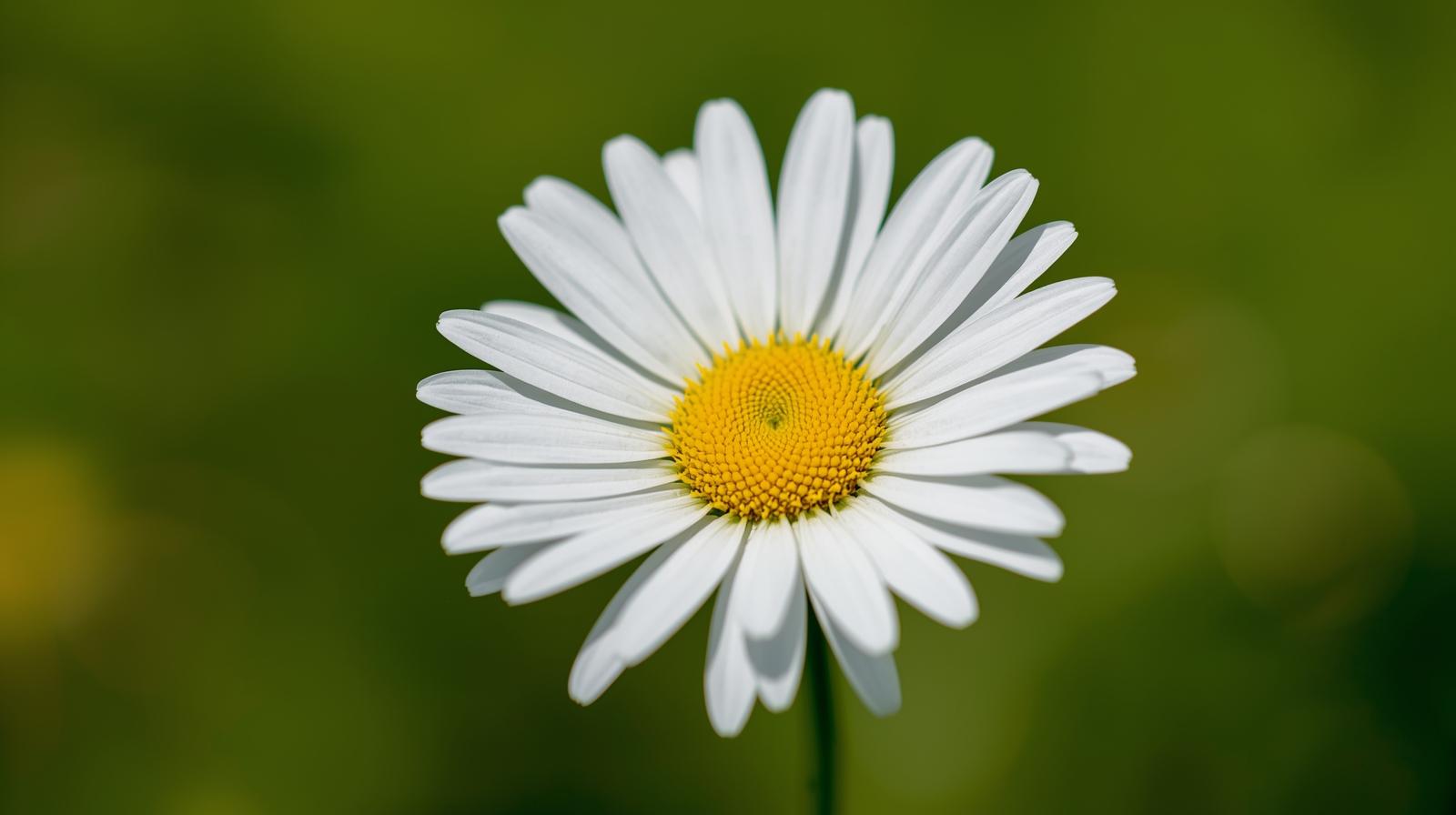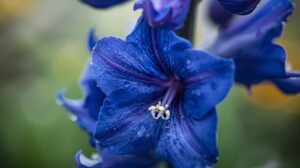Carnation Flower Meaning
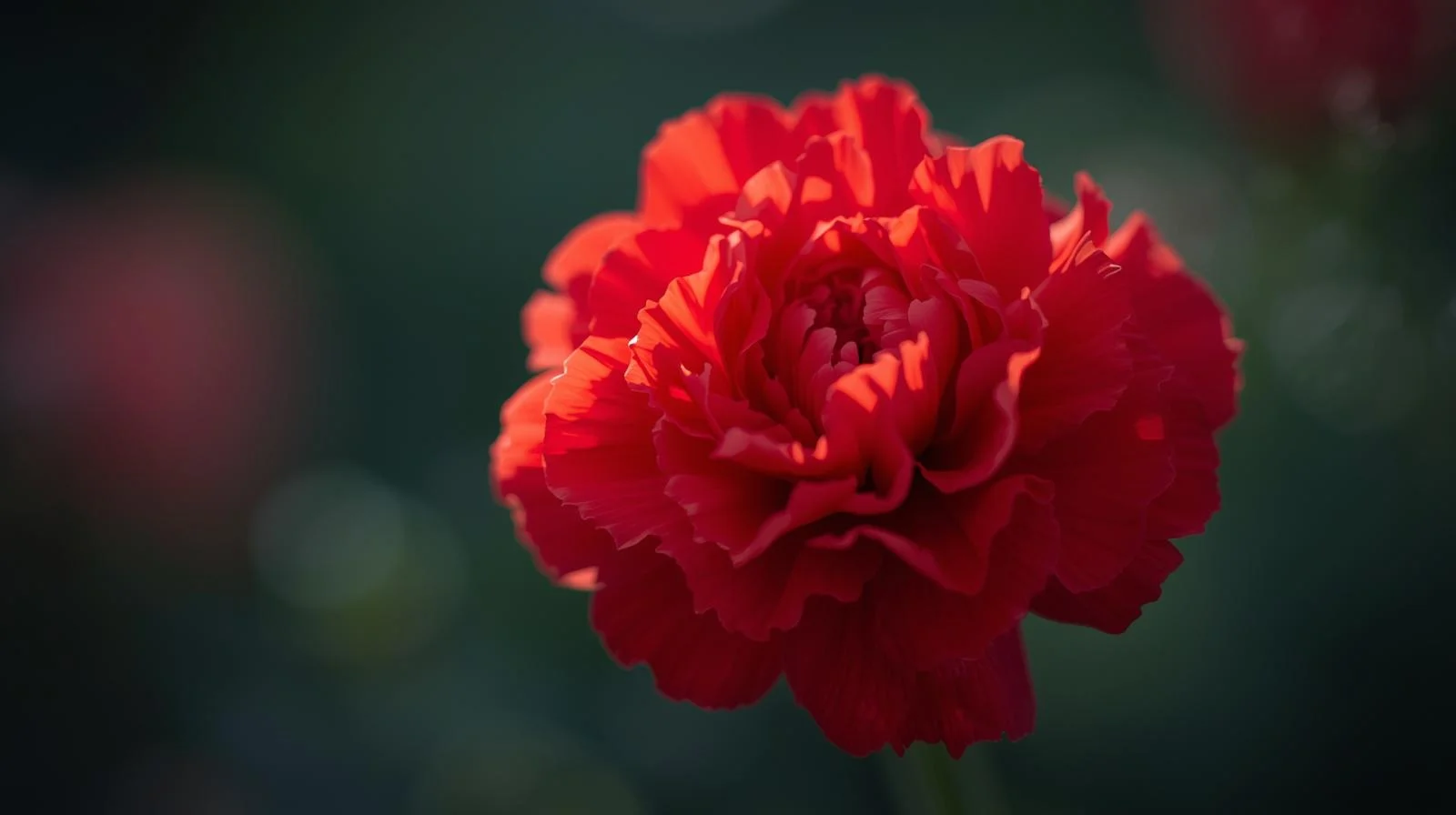
The Hidden Meanings Behind Carnation Flower Meaning
Carnation Flower Meaning, Carnations, known scientifically as Dianthus caryophyllus, are among the most popular flowers worldwide, renowned not only for their vibrant colors and ruffled petals but also for their rich symbolism and meanings. Carnation Flower Meaning, we will explore the various interpretations of carnation flowers, delving into their historical significance, cultural associations, and what different colors represent. Understanding these meanings can enhance the emotional impact of giving or receiving carnations, making them a timeless choice for a variety of occasions.
- The Hidden Meanings Behind Carnation Flower Meaning
- The Symbolism of Carnation Flowers
- Cultural Significance of Carnations
- The Modern Usage of Carnation Flowers
- What Do Carnation Flowers? Carnation Flower Meaning
- Understanding the Emotional Significance of Carnation Flowers
- Carnation Colors and Their Meanings: A Guide to Symbolism
The Symbolism of Carnation Flowers
Carnations have been cherished since ancient times and are often linked to love, fascination, and distinction. They are frequently used in celebrations such as weddings, anniversaries, and graduations. The meanings of carnations can vary based on their color, and each hue carries its own unique significance:
| Color | Meaning |
|---|---|
| Red | Love and admiration |
| Pink | Gratitude and a mother’s undying love |
| White | Pure love and good luck |
| Yellow | Disappointment or rejection |
| Purple | Capriciousness |
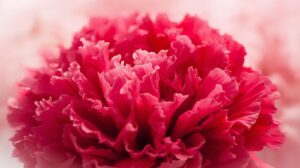
As seen in the table, red carnations are often exchanged to express deep love and admiration, making them a popular choice for romantic gestures. Pink carnations, on the other hand, are frequently associated with gratitude and are often given to mothers as a symbol of their enduring love. White carnations represent pure love and good luck, which is why they are commonly used in weddings and other celebratory events. Yellow carnations can convey feelings of disappointment or rejection, while purple carnations symbolize capriciousness, highlighting the complexity of emotions that can be expressed through these flowers.
Cultural Significance of Carnations
Carnations have deep roots in various cultures around the world. In the United States, they are recognized as the official flower of Mother’s Day, symbolizing a mother’s love. In many European cultures, carnations are used in festivals and celebrations, often seen as a sign of good fortune. Furthermore, in the language of flowers, known as floriography, carnations have specific meanings that can convey messages without words, making them popular in Victorian-era bouquets.
The Modern Usage of Carnation Flowers
Today, carnation flowers continue to be a popular choice for floral arrangements and bouquets due to their durability and wide range of colors. They are often used in wedding bouquets, birthday celebrations, and as tokens of appreciation or sympathy. Florists appreciate carnations for their long-lasting qualities, making them an excellent choice for arrangements that need to maintain their beauty over time.
In conclusion, the hidden meanings behind carnation flowers are diverse and rich, making them a profound choice for various occasions. Whether expressing love, gratitude, or sympathy, understanding the symbolism of different colors can enhance the emotional significance of these flowers. As we continue to celebrate the beauty and meaning of carnations, they remain a timeless floral choice that carries deep emotional resonance across cultures and generations.
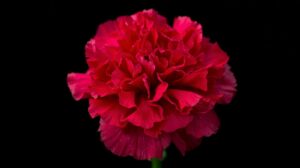
What Do Carnation Flowers? Carnation Flower Meaning
Carnation flowers, with their ruffled petals and vibrant colors, are not just beautiful additions to gardens and bouquets; they carry deep symbolic meanings that have been recognized throughout history. Known scientifically as Dianthus caryophyllus, carnations have been associated with a variety of emotions and messages, making them a popular choice for different occasions. From expressing love to commemorating lost ones, carnations are rich in significance, contributing to their status as one of the most beloved flowers worldwide.
The language of flowers, often referred to as floriography, assigns specific meanings to various blooms. Carnations have a unique place in this floral lexicon, embodying a spectrum of sentiments. Depending on their color and condition, carnations can convey messages of admiration, love, and even remembrance. This intricate system of meanings has made them a staple in bouquets for weddings, funerals, and celebrations alike.
| Color | Meaning |
|---|---|
| Red | Admiration and love |
| Pink | Gratitude and a mother’s love |
| White | Purity and good luck |
| Yellow | Disappointment or rejection |
| Purple | Capriciousness |
Each color of carnation carries its own unique meaning, allowing for tailored messages that resonate with the recipient’s emotions. For example, red carnations are often given as a symbol of admiration and deep love, making them perfect for romantic occasions. In contrast, pink carnations symbolize a mother’s undying love and gratitude, making them a popular choice for Mother’s Day. White carnations, on the other hand, signify purity and good luck, often seen in bridal bouquets. This variety in meaning is what makes carnations such versatile flowers in the realm of gifting and expression.
The meaning of carnations also extends to themes of remembrance. They are frequently used in memorial services as a tribute to loved ones who have passed away. The delicate nature of the flower, combined with its rich symbolism, evokes feelings of nostalgia and reverence. In this context, carnations serve as a poignant reminder of the enduring love and cherished memories we hold for those who have departed.
In summary, Carnation Flower Meaning not just aesthetically pleasing; they are steeped in symbolism and meaning. Whether you are looking to express love, gratitude, or remembrance, the carnation offers a beautiful way to convey your sentiments. Their diverse range of colors and meanings makes them a timeless choice for any occasion, reinforcing their status as one of the most significant flowers in our cultural and emotional lives.
Understanding the Emotional Significance of Carnation Flowers
Carnation Flower Meaning, known for their ruffled petals and delightful fragrance, hold a rich emotional significance in various cultures around the world. Often associated with love, fascination, and distinction, these flowers have been used for centuries to convey deep feelings and sentiments. The delicate beauty of carnations makes them a popular choice for bouquets and arrangements in celebrations, commemorations, and special occasions. Their vibrant colors and unique charm allow them to express a wide range of emotions, making them versatile in both romantic and platonic relationships.
In many cultures, carnations symbolize a love that is deeper than mere attraction. They are often included in wedding arrangements to represent eternal love and commitment. Similarly, in memorial services, carnations can signify remembrance and respect for the deceased. The rich history and emotional depth associated with carnations render them not just flowers, but powerful symbols of human connection and expression.
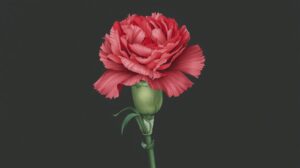
Carnation Colors and Their Meanings: A Guide to Symbolism
The beauty of carnations is amplified by their diverse color palette, with each hue carrying its own unique symbolism. Understanding the meanings behind the various colors can help you choose the right carnation for any occasion. Below is a table that summarizes the different carnation colors and their associated meanings:
| Carnation Color | Meaning |
|---|---|
| Red | Admiration, deep love, and affection |
| Pink | Gratitude, a woman’s love, and remembrance |
| White | Purity, good luck, and innocence |
| Yellow | Disappointment, rejection, and friendship |
| Purple | Capriciousness and unpredictability |
| Striped | Refusal and regret |
As seen in the table, Carnation Flower Meaning color enhances its emotional significance. For instance, red carnations are often gifted to express passionate love, making them a perfect choice for romantic partners. Pink carnations, on the other hand, convey feelings of gratitude and admiration, which makes them appropriate gifts for friends, family, or mentors. White carnations symbolize purity and good luck, making them suitable for weddings and new beginnings.
Ultimately, whether you are choosing carnations for a special occasion or simply to brighten someone’s day, understanding the emotional significance and color meanings can help you convey the right message. Carnations not only beautify spaces but also enrich human interactions with their profound symbolism and emotional resonance.
The carnation flower symbolizes love, fascination, and distinction. Different colors of carnations can convey varying meanings, such as red for deep love, pink for a mother’s undying love, and white for purity and good luck.
Different colored carnations carry specific meanings: red represents deep love and admiration, pink symbolizes a mother’s love, white signifies purity and good luck, yellow conveys disappointment, and purple denotes capriciousness or unpredictability.
Yes, carnations are versatile flowers that are suitable for various special occasions, including weddings, anniversaries, and Mother’s Day. Their rich symbolism and wide range of colors make them an excellent choice for floral arrangements.
Carnations have a rich history, dating back to ancient times. They were often used in Greek and Roman cultures for decoration and in religious ceremonies. Over the centuries, they have become associated with various meanings and traditions, particularly in relation to love and admiration.
To care for carnation flowers, ensure they are placed in fresh, clean water and keep them in a cool location away from direct sunlight. Trim the stems regularly and remove any wilted petals to prolong their life and maintain their beauty.
